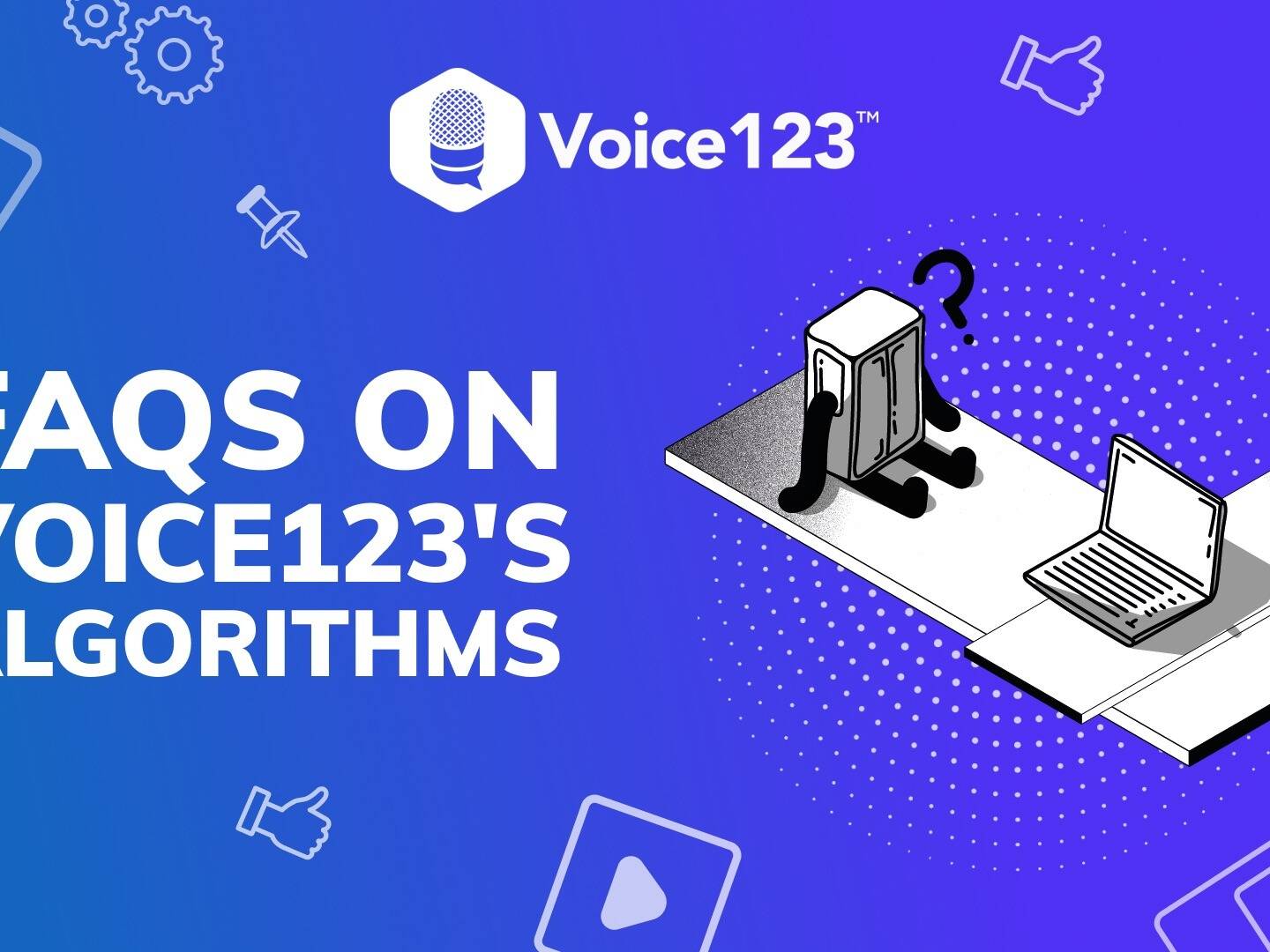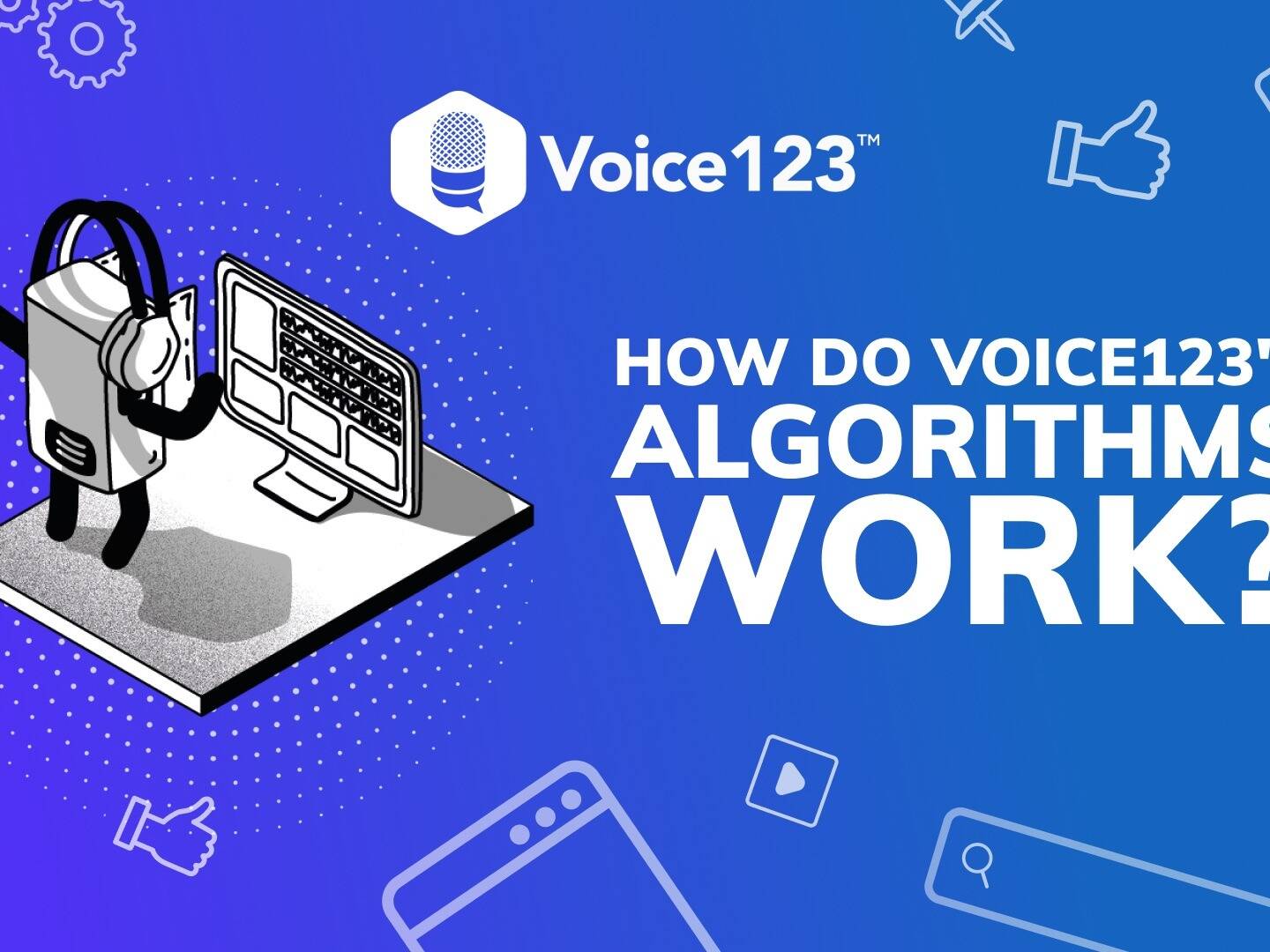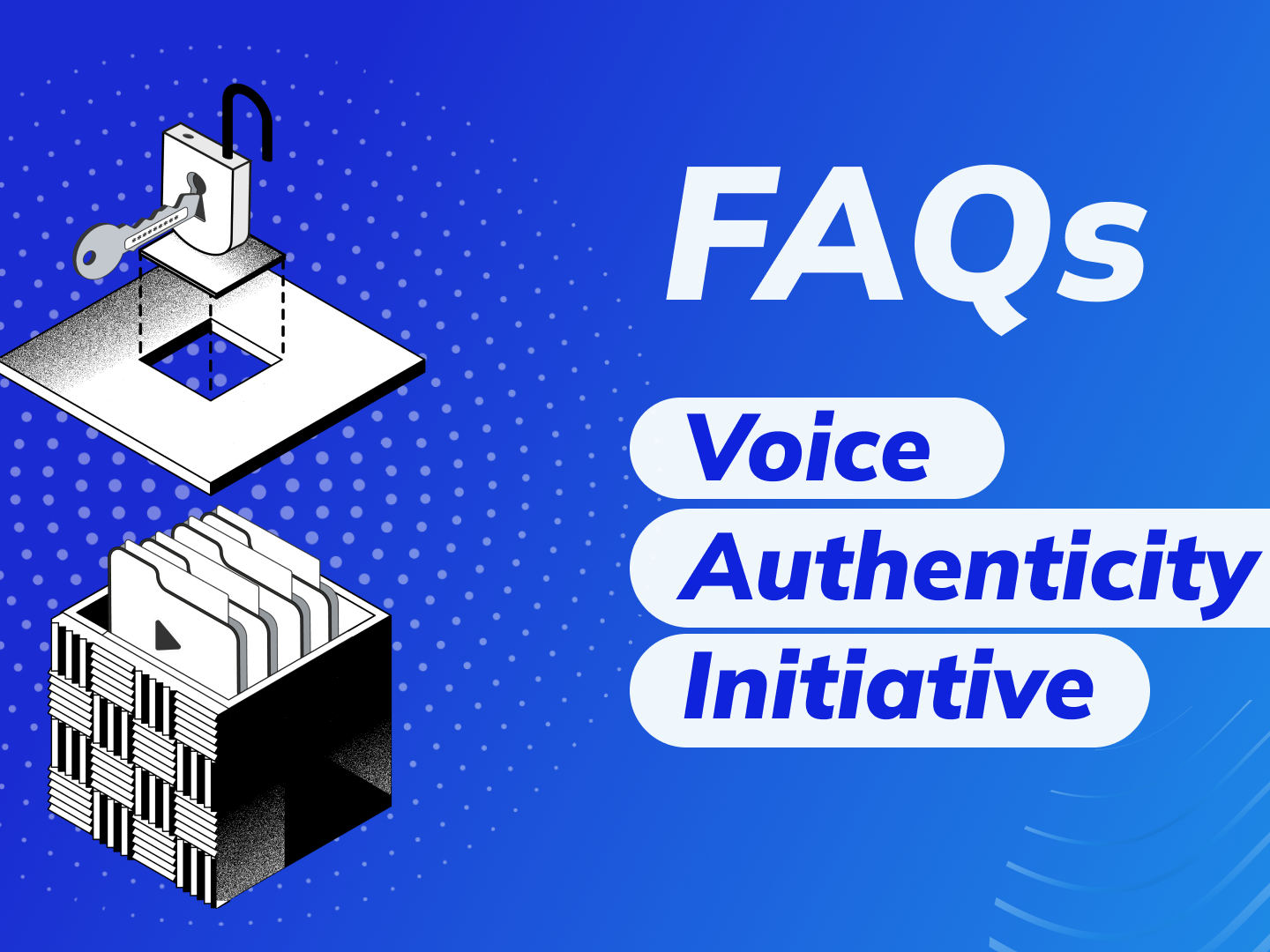It won’t be long before AI voices are in the same marketplaces as human voice actors, fulfilling voice over jobs that people would normally fulfill. Read on for industry insights that’ll be relevant for voice actors who want to stay ahead of the curve.
The rising force of AI (artificial intelligence) voices finding its place in the voice over industry is a revolution that can have serious implications- and it’s already happening. At Voice123, being proactive about the future helps us continue to make a fair and equitable platform for voice clients and voice actors to interact, embodying transparency along the way. That’s why during 2020 & 2021, Voice123 ran an AI voice over experiment featuring AI characters, and now, the results are ready to be shared publicly for those interested in the rapidly-incoming future.
Curious about the current state and future projections of AI and synthetic voices in the industry?
What is an AI voice?
First order of business is understanding what a synthetic voice is. A synthetic voice is the artificial production of speech, otherwise known as speech synthesis. It involves a text-to-speech (TTS) program, which takes written text, and turns it into audible speech.
If you’ve ever used Google Translate, and clicked the ‘Listen’ button in your translation, you’d hear a synthetic voice.
So, an AI voice is a type of synthetic voice. What makes them different is that AI voices have the ability to learn with ‘deep learning’, a function that enables the AI to mimic the human mind in terms of detecting objects, recognizing speech, and making decisions. The result is an AI voice that can adapt more than a synthetic voice, by merely improving the intentions and emotion it’s portraying. The final objective of AI voices is to sound as realistic as possible. Varying expressiveness, attitude, and sentiment will only help them improve and be considered as characters – machines and voices with their own identities.
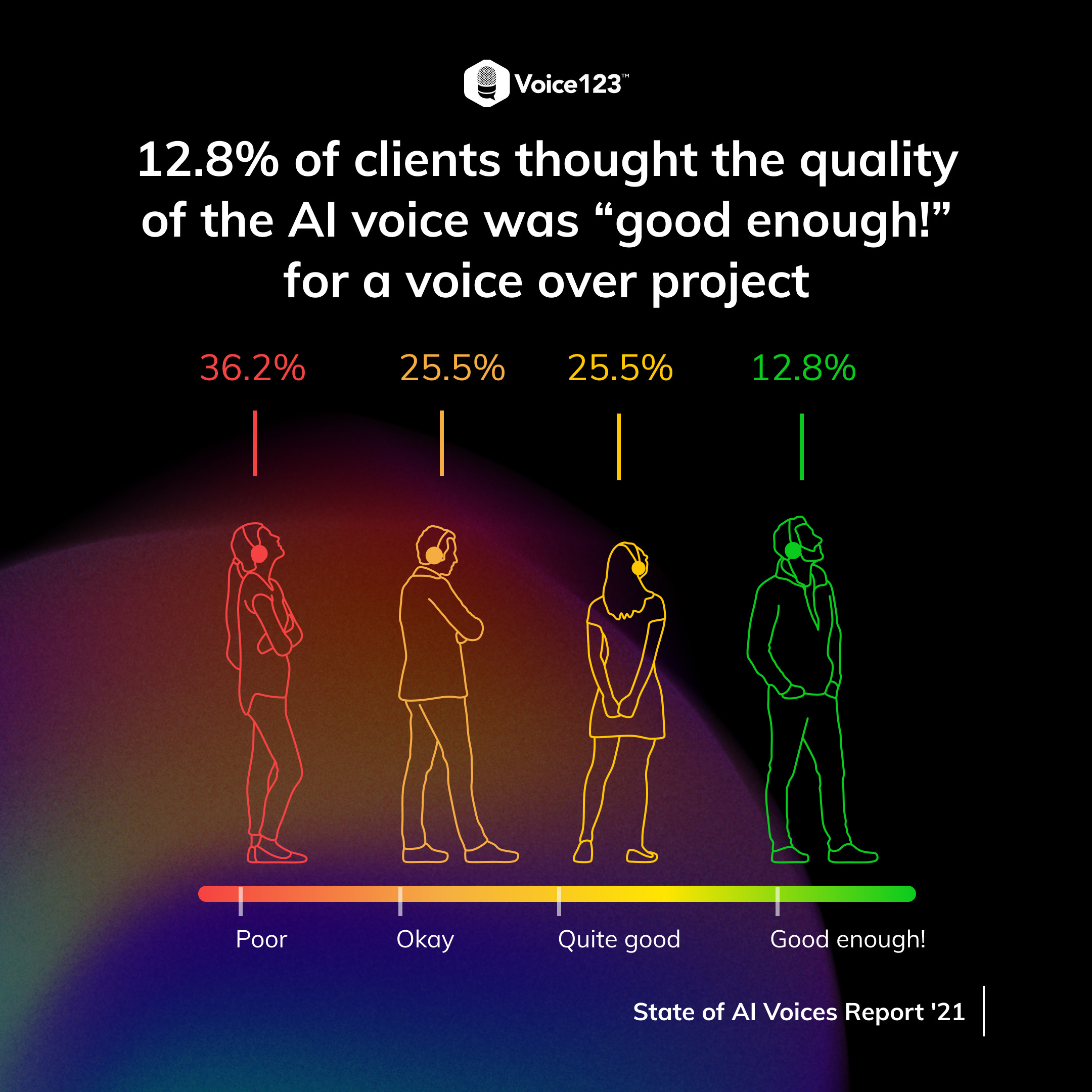
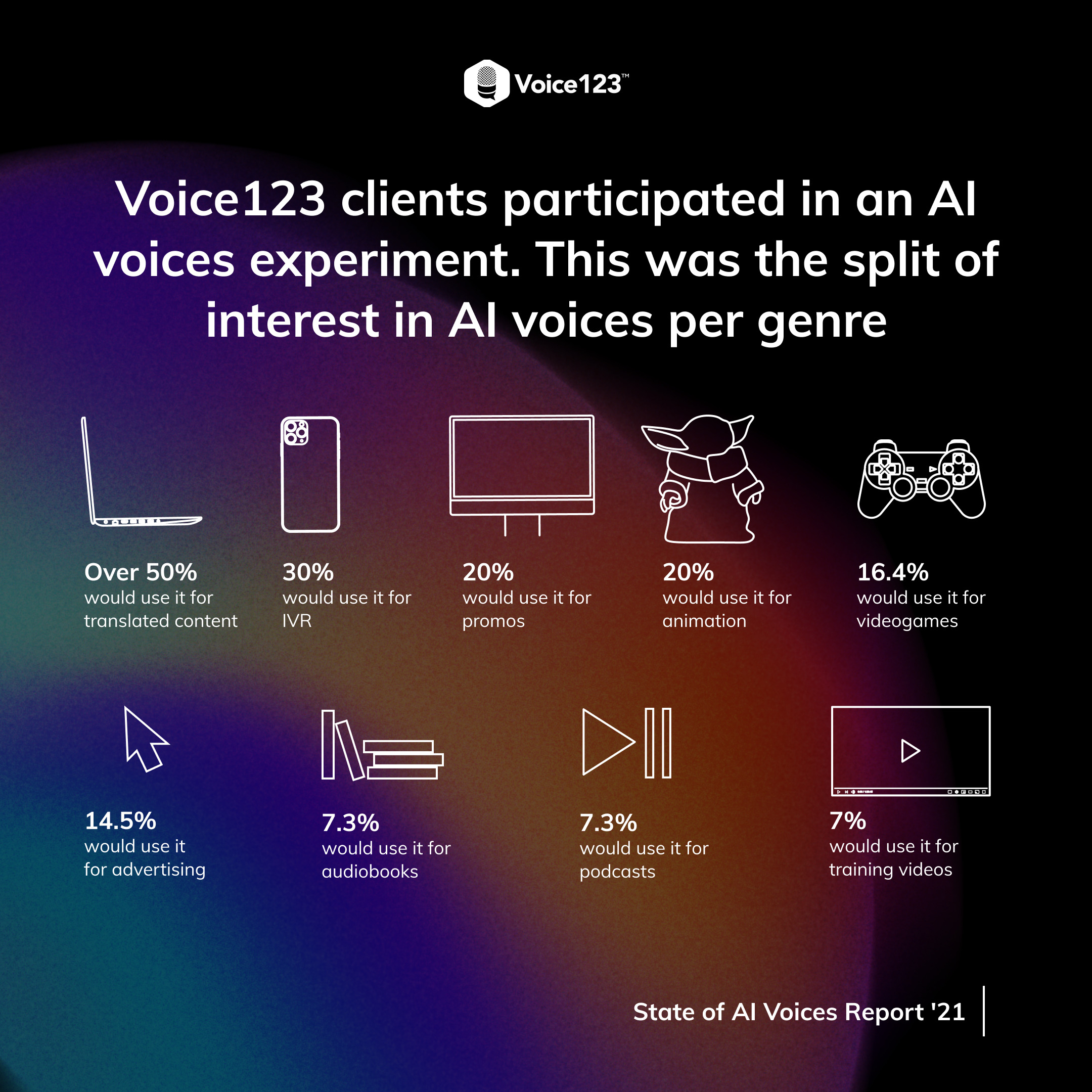
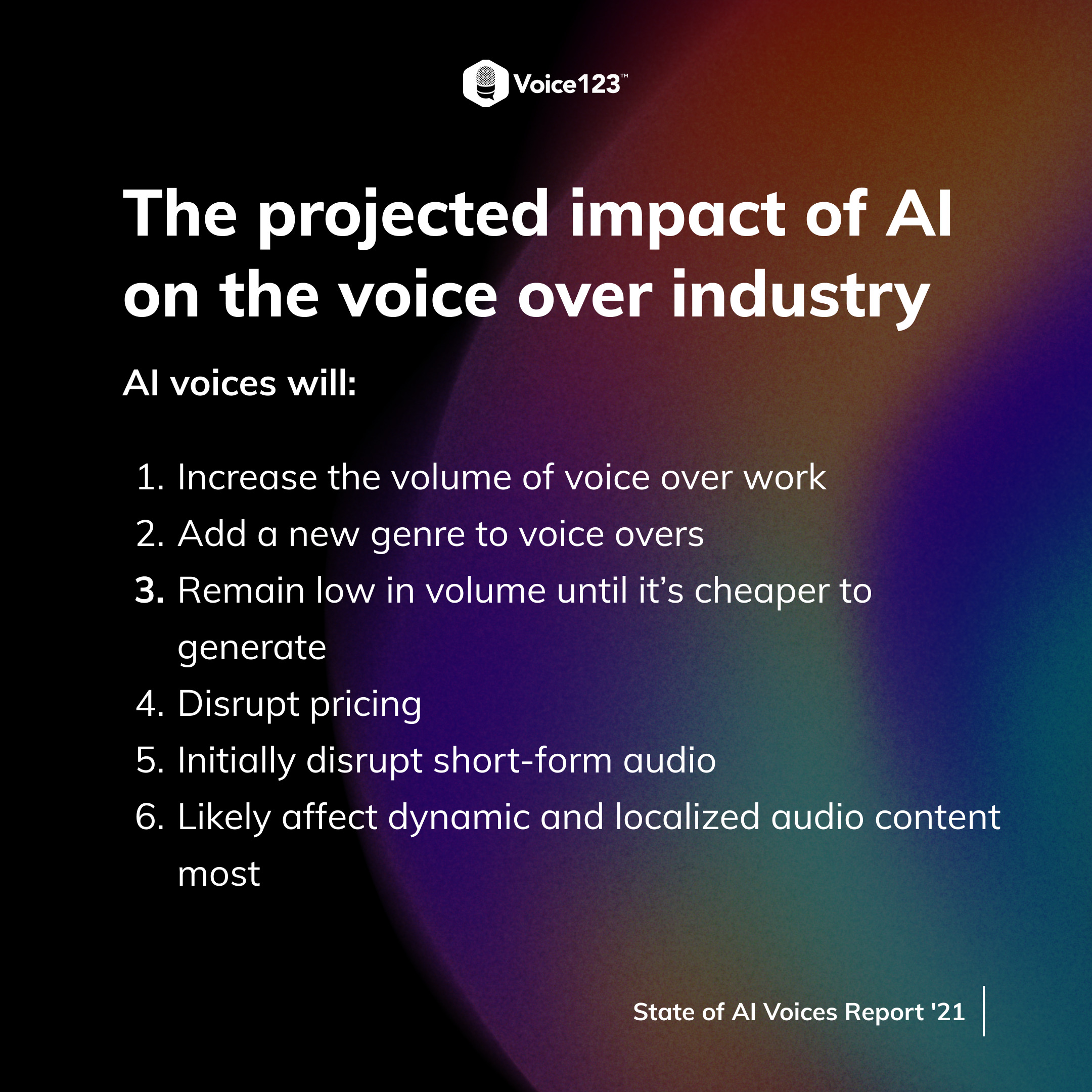
How do AI voices compare to human voices?
You may be surprised to learn that AI voices are starting to sound resoundingly human. Take a look at Faith, the AI voice over that went viral in 2020 as “the first AI that can cry.” Faith is incredibly emotional, realistic, and it’s hard to tell that it’s a synthetic voice.
So can synthetic voices hold their own against real voices? The answer is gradually becoming a yes. AI and synthetic voices are most effective with short-form content. Longer content tends to require more work and management.
It seems it’s not a matter of if synthetic voices are going to fulfill voice over jobs, but when. In the AI character voices experiment, Voice123 found that 8.6% of clients said that our AI voices were hireable.
In the AI character voices experiment, Voice123 found that 8.6% of clients said that the AI voices were hireable. Click To TweetThat’s not a grand passing grade, but it’s something. Until technology improves, they’ll still have their drawbacks. You can learn more about our findings and statistics in our full report.
How will AI voices be used?
AI voices will be used across a variety of voice over genres and jobs. Wherever a human voice is used, there’s a chance a synthetic voice could be used instead. Although currently, the scope of that is small, given technological restraints.
Still, more than half of clients in our experiment said they would use our AI voices for translated content. 30.9% of clients would use it for IVR, interactive voice response.
You can see what other clients thought about other genres of usage in voice over projects in our full report.
Generally, AI voices are currently most appealing for jobs that don’t require great acting ability. Voice clients are looking for fast turnarounds, high-quality voice over, and ease in working together. AI voices offer that capability.
As for voice actors, AI voices can significantly expand their voice acting businesses. They can have ownership of their synthetic voice, and license it as they please. This means they have the ability to have their AI voice working on one project, while the voice actor fulfills another.
This also means voice clients have access to AI auditions, creating a new kind of voice over project.

The future of AI is here.
In the coming months and years, Voice123 plans to rise with the voice over industry on a pillar of transparency, offering a wide range of complementary AI solutions that can help both voice actors and voice clients grow safely in uncharted territory.
The implications of AI and synthetic voices on the industry are huge. Voice123 plans on being a step ahead, paving the road. If you’d like to join us on our journey, be sure to keep up to date with Voice123 and our work! And if you have any questions, please feel free to contact us here.
Share this post!
A blog owner yourself? Relevant links to quality sites will help your performance on search engines. If your readers will benefit from the services or information on The Booth's Voice over Guide, please consider linking to this post or the guide itself.
